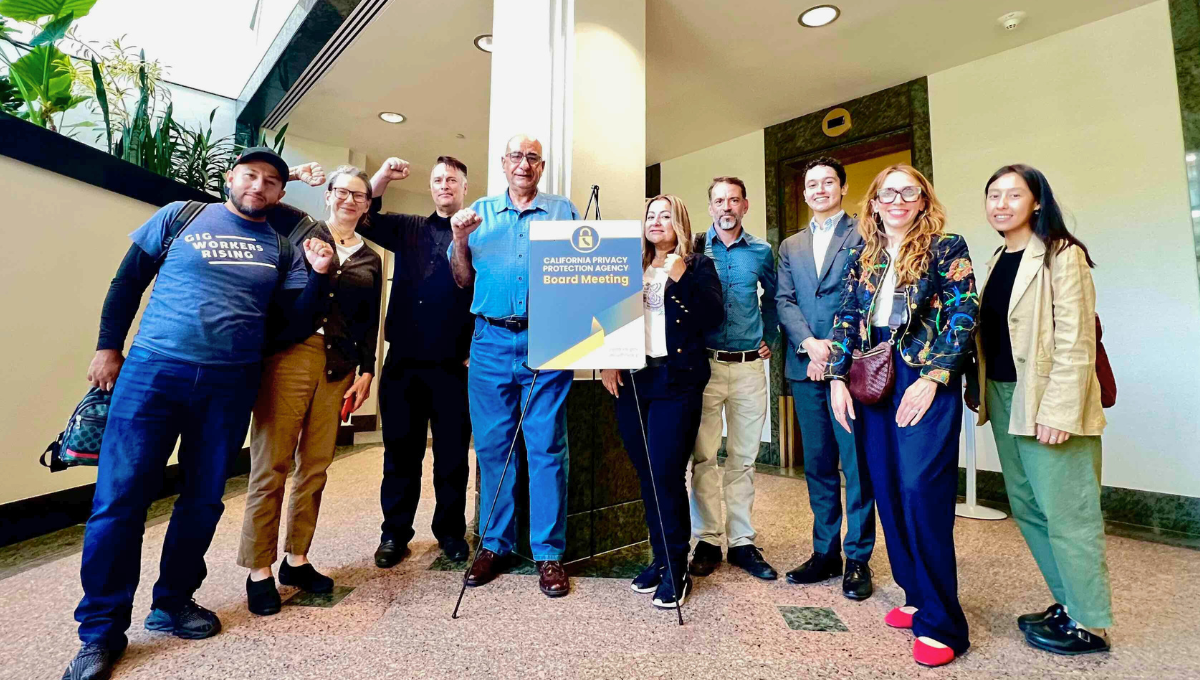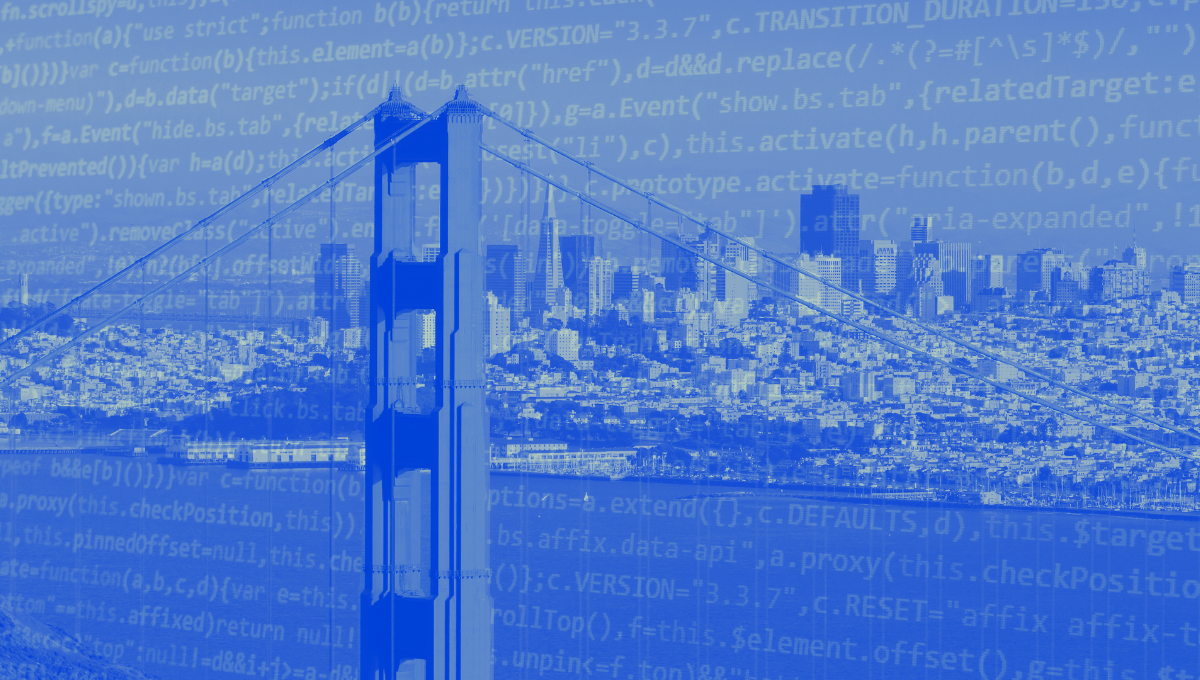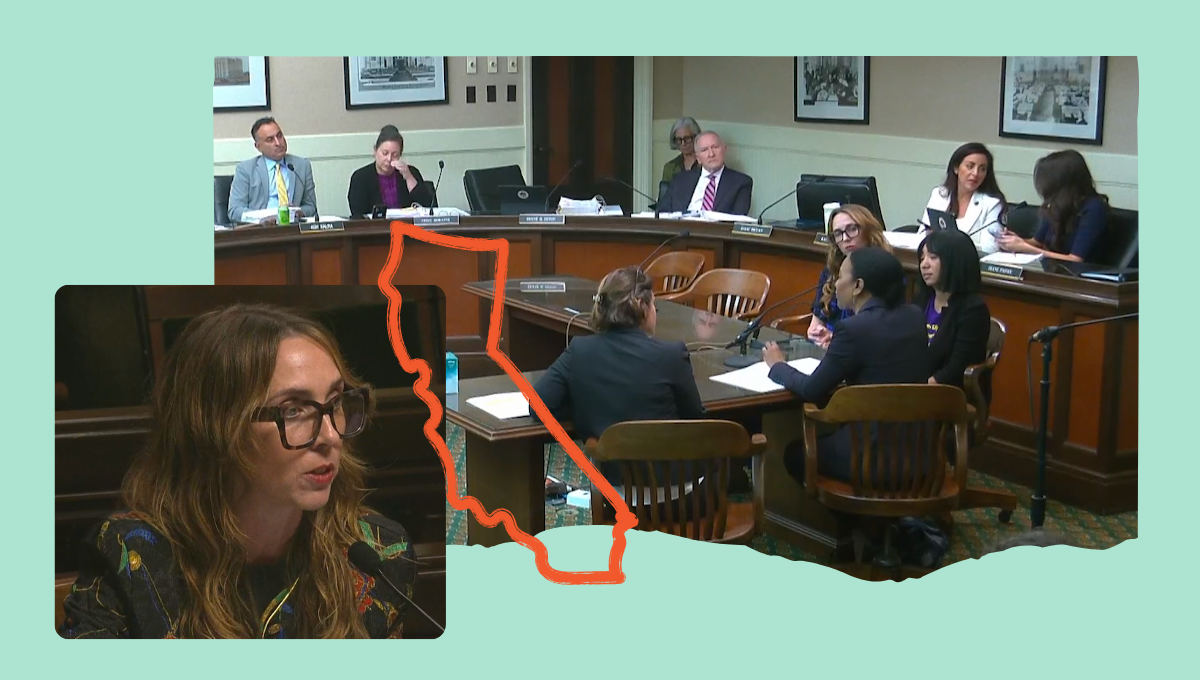Competition in the AI industry—recapped
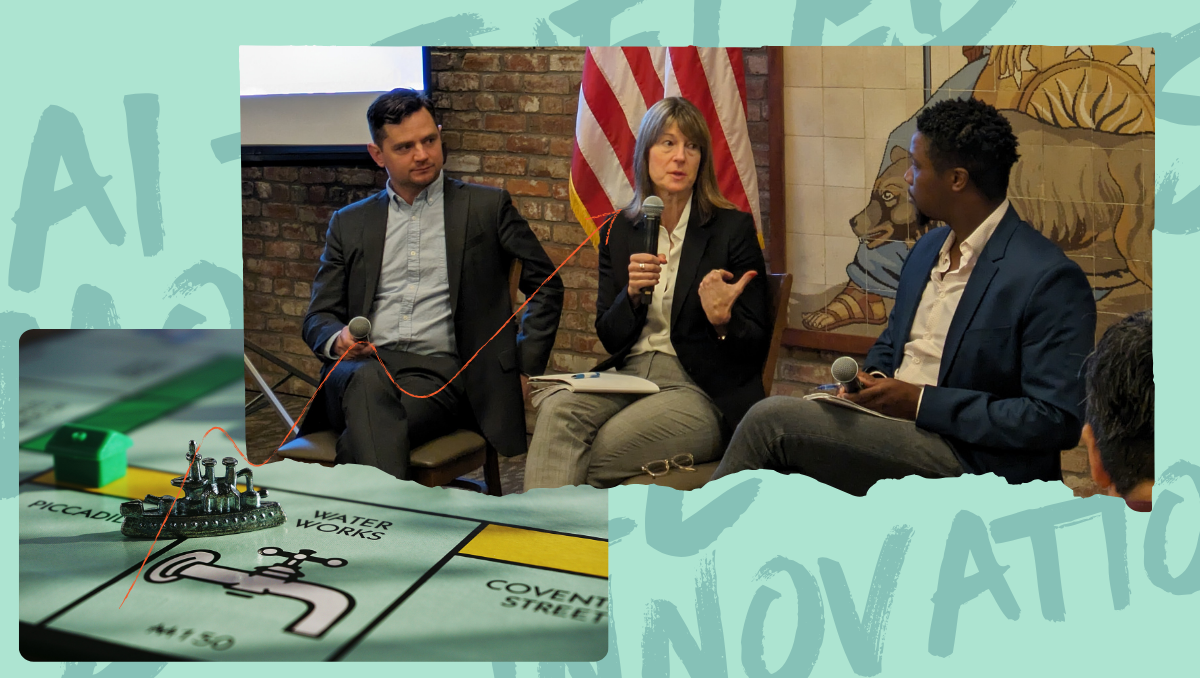
The Monopoly man has his monocle on artificial intelligence (AI). AI is posited to be the next big evolution in tech—and a big money-maker for investors. Companies are scrambling to not only make the biggest advances but also buy up potential competition. Apple has been buying up AI startups faster than both Google and OpenAI.
With companies aiming for monopoly over products for the public, how does this impact how AI tools are shaped? The public’s access to them? Even larger issues of economic inequities?
On April 19th we went up to Sacramento to get answers from the experts—and learn how to craft policy that fosters healthy competition in the emerging AI market. These were our major takeaways.
Want a primer on AI? Check out our What Exactly Is AI? blog to get the 101.
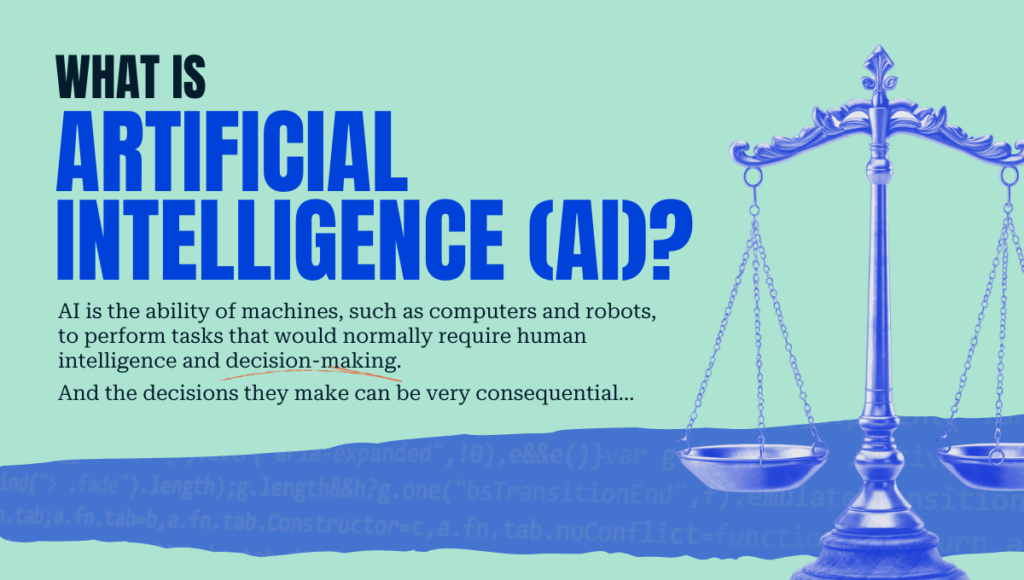
Concentrations of power in industries like AI prevent innovation— and sometimes help companies skirt regulations
One of the core issues with companies dominating certain industries is that they’re less likely to be held accountable—both for innovation and governance. This includes distribution channels tied up with each other, like how Google is the default search engine for Apple devices.
Teri Olle, Director of Economic Security California, explained that with AI, there are essentially four companies that own all of the computing power. So the C-suite executives at those companies are the people who get to shape the world—especially as AI increasingly touches every part of our lives.
This is troubling as their motives aren’t aligned with innovating for consumers. Rather, corporate innovation tends to be more based on extracting from consumers than providing for them. As Lee Hepner, Legal Counsel at the American Economic Liberties Project, noted, this is not what you find in a well-regulated and diverse industry.
Olle explained that the government can play one of two roles in regulation: they can break down these monopolies or become complicit in creating these distorted, dysfunctional markets. Unfortunately, Big Tech’s influence looms large. Large tech companies use their capital to send hundreds of lobbyists to governments around the US to prevent, water down, and even create their own legislation filled with loopholes.
This is one of the many reasons why we believe it’s important to address power concentrations to create a more equitable AI-backed economy.
We’re already seeing the consequences of these concentrations of power in the workplace
Thankfully, labor has been at the forefront of regulating AI. Hepner highlighted the Writers Guild of America strike last year in which the union won a staffing minimum in writer’s rooms, thus limiting how much companies could replace workers with AI.
But it isn’t just the entertainment industry that’s trying to replace workers with AI. 25% of CEOs expect their adoption of AI to result in a lowered headcount.
AI is also used to monitor workers, decreasing workplace quality and quality of care. Healthcare is a particularly impacted industry, as Hepner pointed out, especially as both the AI and healthcare industries are extremely consolidated.
Because of this, workers in the AI industry also experience a deterioration in workplace quality. To feed data into the algorithms behind AI on the cheap, the labor force within tech is shifting away from the well-compensated jobs on cushy tech campuses to underpaid and under-protected roles.
You might be wondering, why don’t those workers just leave? To that, Olle poses a counter-question: where would they go? In order to move forward, we can’t just rely on the labor movement. We can’t just rely on “call your legislator”—which Olle pointed out is rather difficult considering the barriers to being heard. We need to create—and enforce—strong antitrust laws.

As much as AI feels new, it’s just another chapter in an existing book on corporate concentration
According to NYU Stern, more than 75% of US industries have experienced increased concentration levels over the past two decades. This isn’t an issue unique to tech or AI. We’ve also been here before, which means we can tackle concentrations of power again.
How? Well, we suggest watching the full AI + Competition event recording to learn more.


